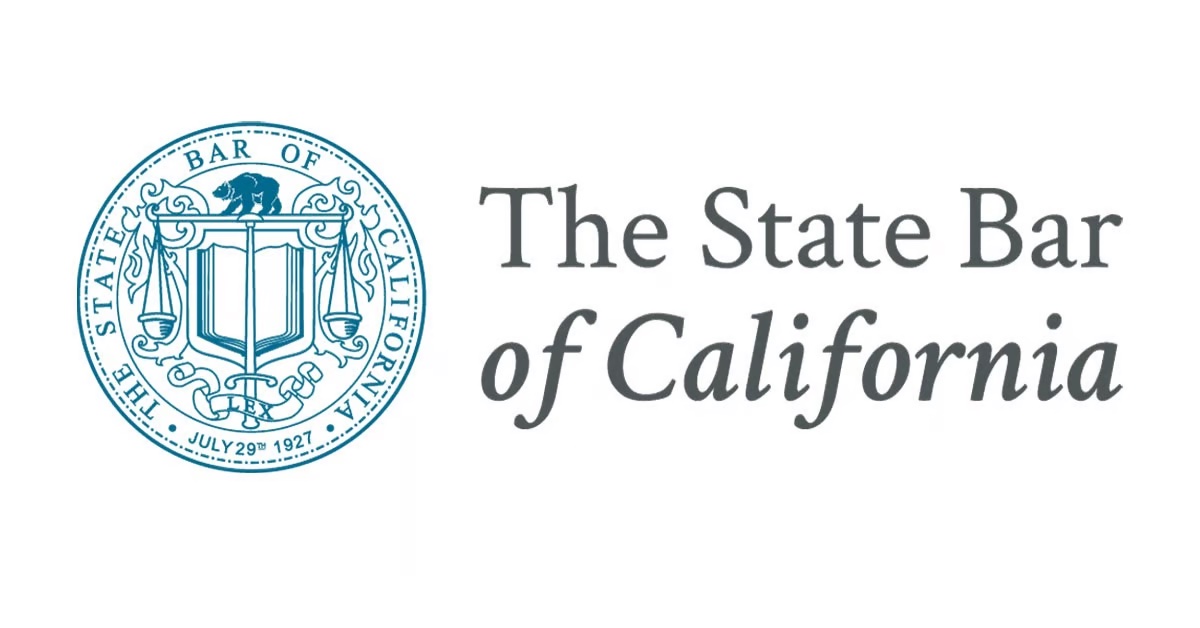and Probate Law Firm
457 Plans and Estate Planning
As a lawyer specializing in estate planning in Folsom, I work with clients who are employed by the government or non-profits. 457 plans, often referred to as 457(b) plans, are tax-advantaged retirement savings accounts typically offered to employees of state and local governments, as well as certain non-profit organizations. These plans are an important part of retirement savings, and they can also have implications for estate planning. Here’s how 457 plans can intersect with estate planning:
- Beneficiary Designations: One of the most critical aspects of estate planning with regard to 457 plans is designating beneficiaries. When you open a 457 plan, you will have the opportunity to name one or more beneficiaries who will inherit the assets in the plan upon your death. This designation takes precedence over any instructions in your will or trust. It’s essential to keep your beneficiary designations up to date to ensure that your assets go to the individuals or entities you intend.
- Estate Inclusion: The value of your 457 plan is generally not included in your probate estate, as it passes directly to the designated beneficiaries. This can help streamline the distribution of assets and may allow your beneficiaries to access the funds more quickly.
- Spousal Consent: In some cases, your spouse may need to provide written consent if you name someone other than your spouse as the primary beneficiary of your 457 plan. This is required to protect the spousal rights in certain circumstances, and the rules can vary by state and plan.
- Stretch IRAs: If you name a younger beneficiary, such as a child or grandchild, they may have the option to “stretch” the distributions from the inherited 457 plan over their life expectancy. This can provide significant tax advantages and is an estate planning strategy to consider when selecting beneficiaries.
- Estate Taxes: The federal estate tax may apply to large estates, and 457 plan assets are included in your taxable estate for federal estate tax purposes. If your estate is potentially subject to federal estate tax, you may need to consider strategies to mitigate the impact, such as gifting, using a marital deduction, or leveraging your lifetime estate tax exemption.
- Trusts as Beneficiaries: It’s possible to name a trust as the beneficiary of your 457 plan, but this requires careful planning and the use of a specialized trust, often referred to as an “accumulation trust” or “see-through trust.” Consulting with an attorney experienced in estate planning and retirement accounts is crucial if you intend to use a trust in this manner.
- Spousal Rollover: If your spouse is the beneficiary of your 457 plan, they may have the option to roll over the account into their own retirement account, such as an Individual Retirement Account (IRA), which can provide additional tax flexibility and control.
Conclusion
Estate planning is a complex area, and the impact of 457 plans on your estate plan can vary depending on your individual circumstances, the size of your estate, and your specific goals. It’s advisable to consult with an experienced estate planning attorney in Folsom who can help you navigate the complexities and ensure your retirement accounts are integrated into your overall estate plan effectively. If you have any questions about 457 plans and estate planning, contact Thapar Law at 916-579-0605 or send us a message.







